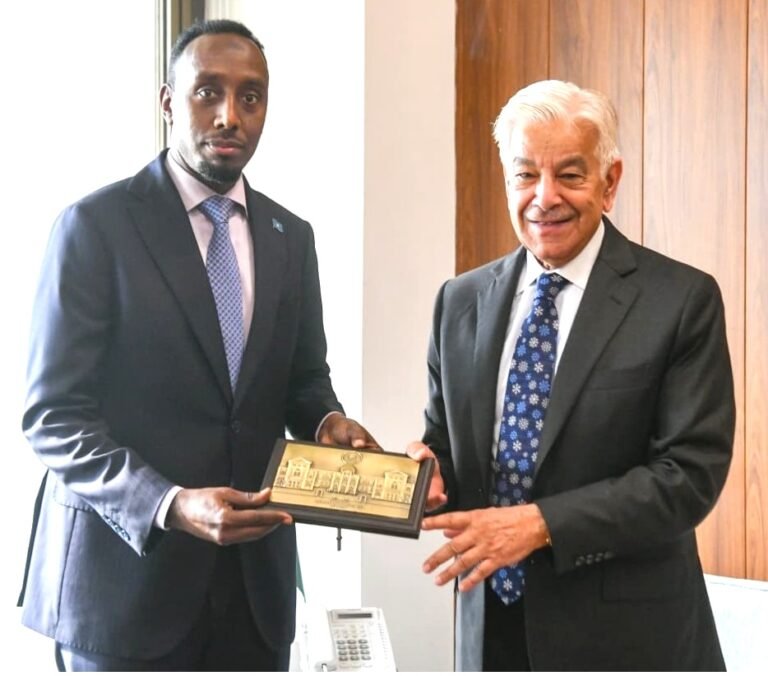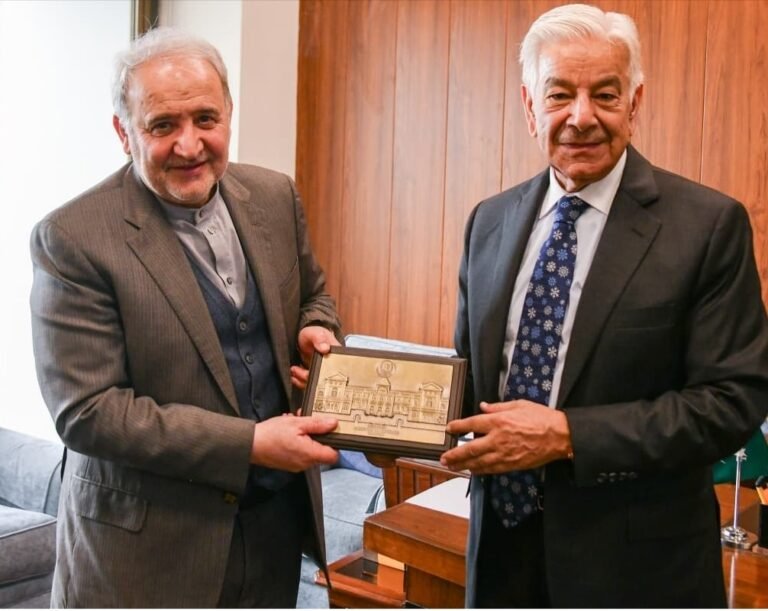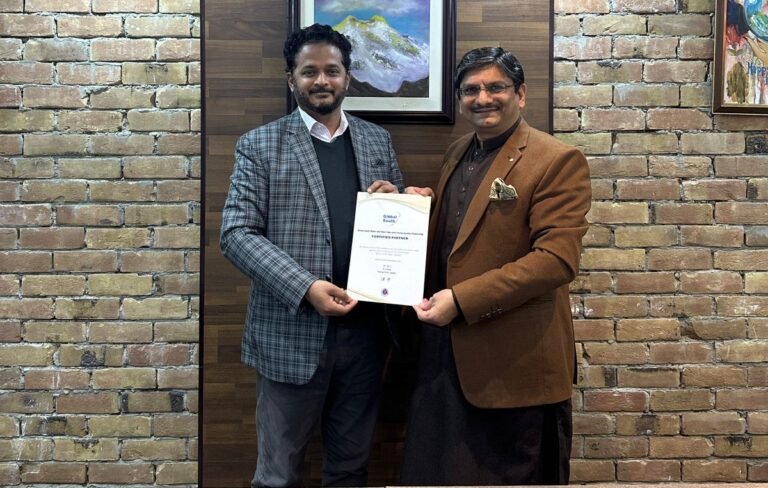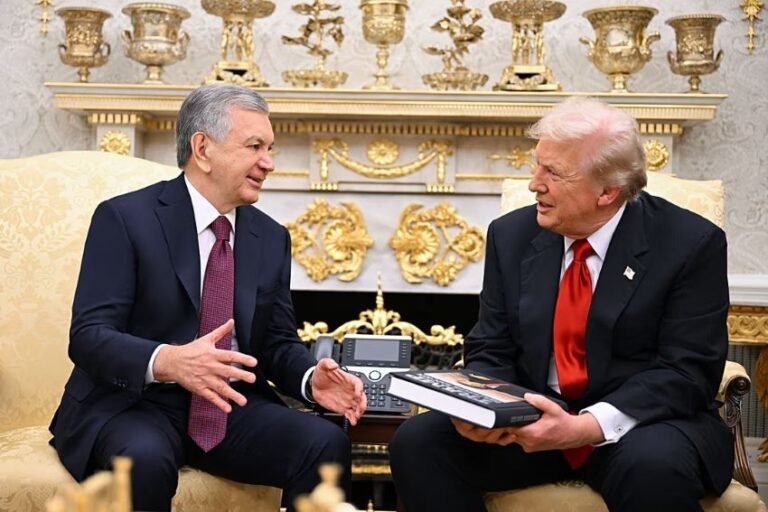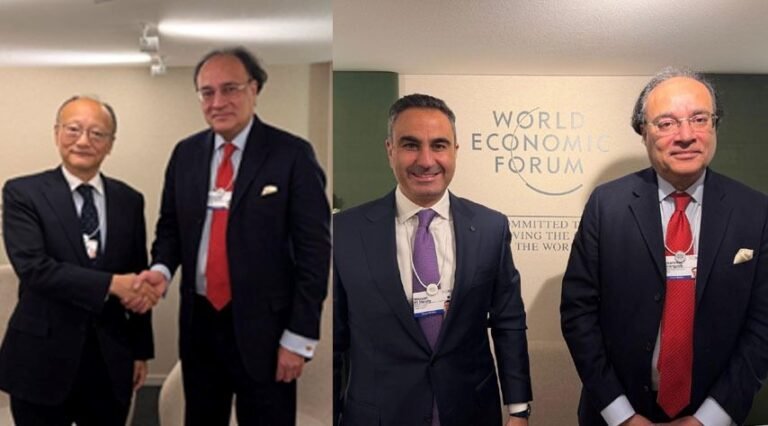Prof. Dr. Manzoor H. Soomro
Uzbekistan and Pakistan have enjoyed a cordial relationship ever since Uzbekistan got independence after the collapse of the Soviet Union in 1991.
Pakistan has been among the first two countries to recognize Uzbekistan as an independent country. The relations between the people of the two nations based on similarities in cultures of course goes beyond the last few decades.
However, the cooperation and collaboration between two countries and in the greater regions of the Economic Cooperation Organization (ECO) and more recently in the Shanghai Cooperation Organization (SCO) is much too desired in terms of science, engineering, technology, innovation (SETI), education, trade, and tourism.
ECO region despite being active since 1985 as a successor organization of the erstwhile RCD (Regional Cooperation for Development established by Iran, Pakistan, and Turkey in 1964), has a truly great potential of building the economies of member countries based on SETI and cultural integration; but somehow the progress has rather been facing various challenges.
Nevertheless, with newer common challenges such as climate change and sustainable growth, and common goals seen in the context of current global dynamics including the establishment of SCO and the Belt and Road Initiative of China, the prospects of working together in the region are greater.
Human Capital Development in the form of Science, Engineering, Technology, and Innovation (SETI) plays a critical role as the basic building block that is essential to developing a strong base of countries for boosting their socio-economic growth and sustainable development.
Adequate investments in education, youth engagement, and expanding the bilateral and multilateral cooperation amongst the ECO & SCO Member Countries is the key to nurturing human capital development and fostering industrial development with strong technical cooperation in many economic sectors.
To achieve these massive goals requires a robust commitment to support a number of interventions to increase the access to quality SETI education at all levels in the ECO and SCO regions, particularly for strengthening the cooperation between the two friendly countries- Pakistan and Uzbekistan and beyond in the region.
I truly believe that there is tremendous potential for partnership and working together on a number of economic areas between Uzbekistan and Pakistan to illustrate and learn from each other, through the sharing of expertise, experiences, and perspectives of the two great nations.
Although our respective governments and public institutions certainly help to build bilateral relationships, ultimately the strength of the bond between any two countries rests on how much the normal citizens, the youth, institutions, and the businesses of one country value those of the other.
I do recognize that there are several high-potential institutions in both our countries; hence the ECO Science Foundation (ECOSF) continues to look for opportunities towards considerable foresight in establishing Partnership Programmes in key areas of; education, science, technology, trade, industrial, and agriculture cooperation.
Thus, exchanges in SETI research, education, people-to-people links, and commercial development, will play a key role in further strengthening the bond between the two countries.
It should be recognized that the Belt and Road Initiative (BRI) of China is quite an ambitious effort to improve regional cooperation, and connectivity is the core determinant of this entire initiative.
Thus, the Economic Cooperation Organization (ECO) region; which includes Afghanistan, Azerbaijan, Iran, Kazakhstan, Kyrgyzstan, Pakistan, Tajikistan, Turkey, Turkmenistan, and Uzbekistan, being an important part of BRI, holds great potential and significance as an important gateway to connect China with the Middle East, South West Asia and Europe and beyond.
Meanwhile, with most ECO member countries and China leading the BRI and being the main member of SCO, holds even greater potential for multifarious cooperation and trade development between the ECO and SCO.
With Uzbekistan as the current Chair of SCO and a strong member of ECO, enjoying good bilateral understanding with member states including Pakistan has a greater opportunity to bring the two organizations together for socio-economic uplift of the greater ECO-SCO region.
And I think stronger joint programs in SETI, education, culture, and youth engagement can lead to a greater understanding of the people of member countries and enhance trade and economic activities.
In this respect, the experiences and robust capacity of China in SETI can be leveraged upon in a befitting manner and we can learn from China’s huge economic & development growth which is directly linked with its decades-long investment in human resources and cutting-edge science, engineering, and technological capabilities and capacities.
ECO Science Foundation (ECOSF) based in Islamabad- Pakistan being nurtured by the Government of Pakistan, is an intergovernmental organization and a Specialized Agency of the ECO.
The Foundation is mandated to promote scientific and technological research & education with an end goal to raise the socio-economic standing of 10-member states. And to pursue the end goal, capacity building of the member countries is a key prerequisite.
Thus, the Foundation has developed stronger collaboration and partnerships with many international organizations (UNESCO, ISTIC Malaysia, ISTC & TWESCO in Kazakhstan, KISTEP Republic of Korea, La main a la pate Foundation of France; and Chinese institutions under BRI (CAST, CASTED, BTBU, Bejing Normal University, and Pujiang Innovation Forum) to pursue common goals in ECO and BRI countries [http://www.ecosf.org/index.aspx] thereby promoting South-South-North cooperation.
ECOSF is striving hard to bring its Member States on board and help them benefit from the expertise and capacity of world-leading STI institutions that are our partners, for infrastructure and industrial development in the ECO region.
Both countries; Pakistan and Uzbekistan have a great potential to be harnessed by developing effective collaborative linkages together to promote scientific & technological research and cultural integration not only on bilateral terms but also among other -member states of ECOSF and SCO.
Finally, I would like to emphasize that our future economic standing and development of our society solely depends on our ability to nurture our young minds to be the future generation of responsible citizens in the form of future scientists, engineers, managers, diplomats, policymakers, and entrepreneurs.
Therefore, we must inspire our youth to embark upon quality education and innovation to meet the challenges of the future. The future of the planet will rest in the hands of generations informed and educated with regard to cutting-edge technologies and innovative solutions that can only come through effective education cooperation in the region.
As mentioned above, the Economic Cooperation Organization Science Foundation (ECOSF) has strong collaboration with Chinese SETI institutions, strongly engaged with youth innovation programmes especially the Children and Youth Science Center (CYSC) of the China Association for Science and Technology (CAST) and we have been mobilizing teenagers/youth from ECO and BRI countries including Uzbekistan to join the annual “Teenager Maker Camps” in China by CYSC of CAST, supported by ECOSF and numerous other organizations since 2017.
We welcome partnership by more Uzbek institutions to join hands with ECOSF. ECO Science Foundation commits to continue to fully engage with institutions in Pakistan, Uzbekistan, and the rest of ECO & SCO member countries and encourages the Member Countries to support meaningful initiatives, promote science education, technology, and innovation in Pakistan, Uzbekistan, and the entire Greater ECO-SCO Region.
*The writer is the President of ECO Science Foundation (ECOSF), Islamabad. He can be contacted at m.soomro@ecosf.org
**The Diplomatic Insight does not take any position on issues and the views represented herein are those of the author(s) and do not necessarily reflect the views of The Diplomatic Insight and its staff.
Established in December 2008, The Diplomatic Insight is Pakistan’s premier diplomacy and foreign affairs magazine, available in both digital and print formats.



